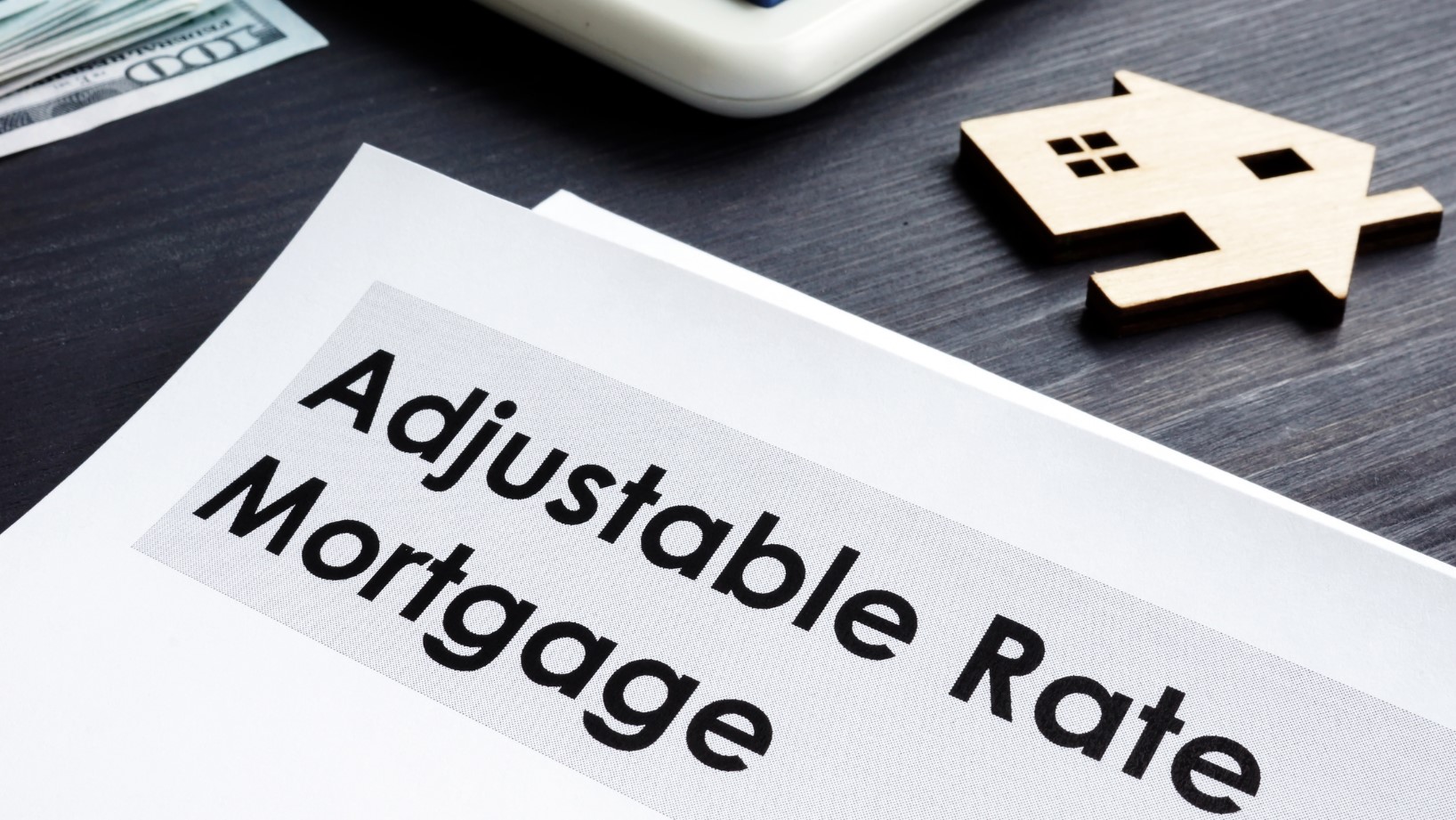What’s Ahead For Mortgage Rates This Week – March 13, 2023

Last week’s economic reporting included Fed chair Jerome Powell’s testimony to the House of Representatives, data on job growth, and weekly readings on mortgage rates and jobless claims.
Fed: Chairman Powell says no decision on March rate hike
Federal Reserve Chair Jerome Powell said that no decision has been made about raising the Fed’s target interest rate range in March. Mr. Powell said, “We have not made any decision about the March meeting. We’re not going to do that until we see the additional data.” Mr. Powell said that the Fed is not on a “pre-set path. We will be guided by the incoming data and the evolving outlook.” Mr. Powell cited the upcoming jobs report and inflation data as examples of information used in decisions to raise or lower the Fed’s interest rate range. The Fed will announce its decision regarding its target interest rate range in its usual post-meeting statement on March 22.
Mr. Powell also said that the Fed may accelerate its pace of raising interest rates by 0.50 percent in its continued efforts to control inflation.
Freddie Mac reports higher mortgage rates
Average mortgage rates rose last week according to Freddie Mac’s Primary Mortgage Market Survey. The average rate for 30-year fixed-rate mortgages rose by eight basis points to 6.75 percent; the average rate for 15-year fixed-rate mortgages rose by six basis points to 5.95 percent.
Jobless claims rose to 211,000 claims filed from the prior week’s reading of 190,000 initial claims filed. analysts expected 195,000 first-time claims filed. The national unemployment rate rose to 3.6 percent in February as compared to January’s 3.4 percent unemployment rate.
What’s Ahead
This week’s economic reporting includes readings on U.S. housing markets, inflation, retail sales, and consumer sentiment. Weekly readings on mortgage rates and jobless claims will also be published.

 If you are planning on buying a house in the near future, you have probably seen that there are multiple options available. You might even be considering an adjustable-rate mortgage, usually shortened to ARM. While many people opt for a fixed-rate mortgage, there are a few reasons to consider an ARM as well. What are some of the top advantages to keep in mind?
If you are planning on buying a house in the near future, you have probably seen that there are multiple options available. You might even be considering an adjustable-rate mortgage, usually shortened to ARM. While many people opt for a fixed-rate mortgage, there are a few reasons to consider an ARM as well. What are some of the top advantages to keep in mind? Today, the housing market is more competitive than it has ever been in the past. You may have your eyes on your dream home, but how can you make it stand out from the crowd? There are a few tips that you should keep in mind. What are a few things you should do, and what are a few things you should avoid?
Today, the housing market is more competitive than it has ever been in the past. You may have your eyes on your dream home, but how can you make it stand out from the crowd? There are a few tips that you should keep in mind. What are a few things you should do, and what are a few things you should avoid?